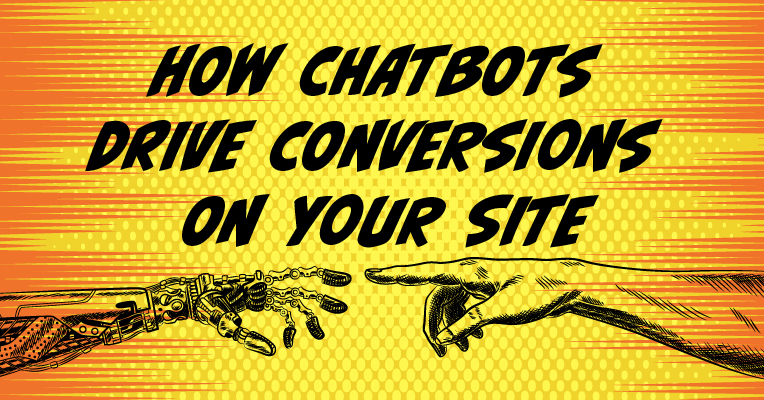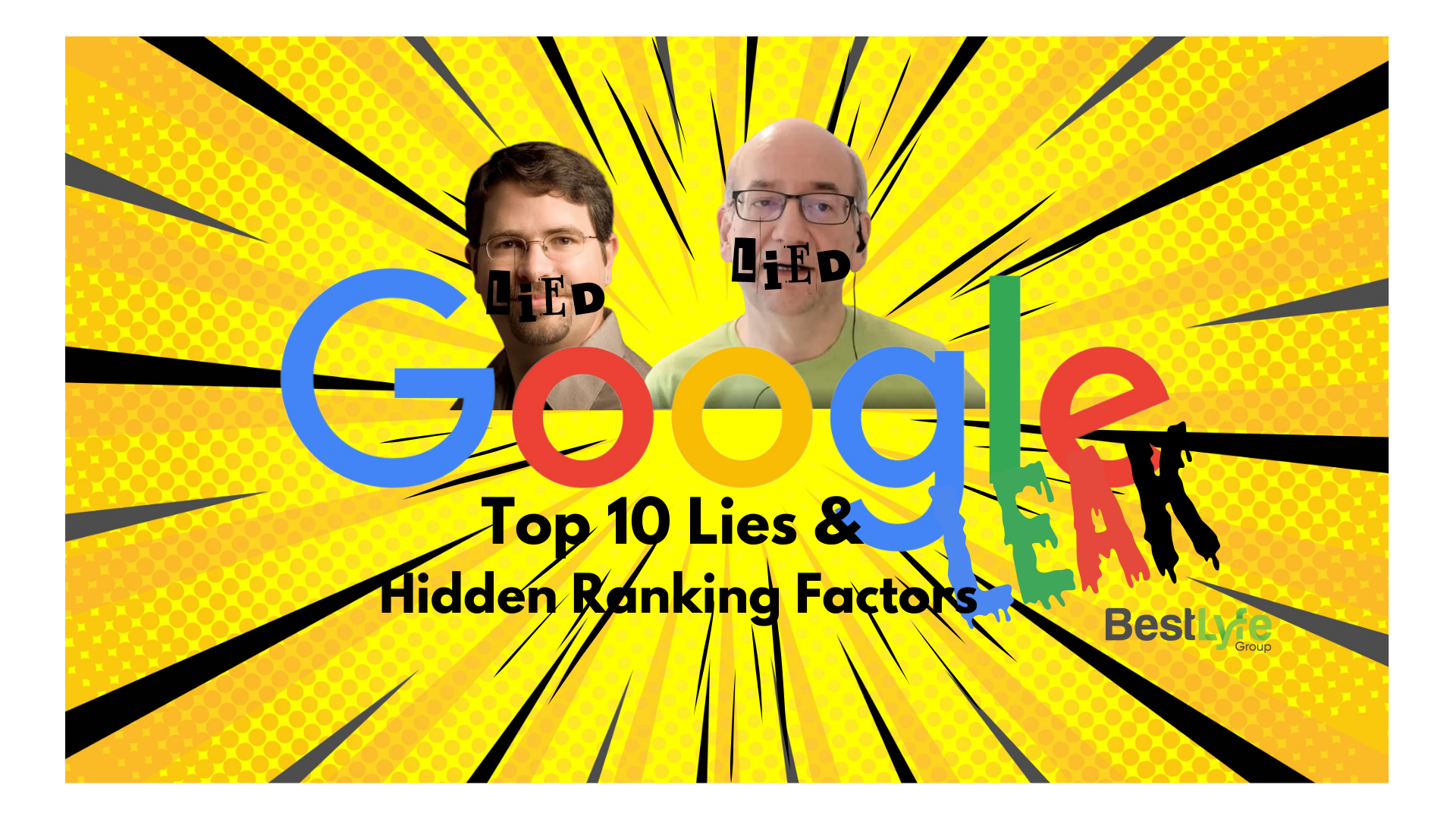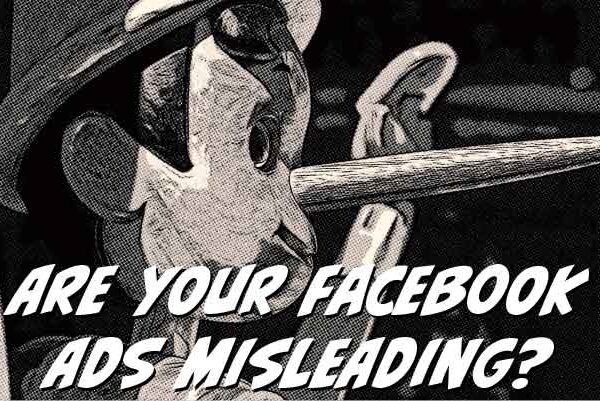One of the most recent news affecting the world of SEO is the recent Leak of 2500 pages of ranking and algorithm data. This was first brought to light by Ran Fishkin, who was given the information from a Google whistle-blower. At first, the whistle-blower wished to remain anonymous, then later came forward as Erfan Azimi. All his statements and experiences have been corroborated in the original post by Rand Fishkin.
This leak is huge! SEOs have been trying to understand Google’s Algorithm to improve rankings for years. Yet Google has always been secretive about its updates and even though they do release patch notes, the most recent leak shows us that it has been hiding and lying about its search Algorithms,
Ready to break down some mind-blowing revelations? Buckle up, because we’re diving deep into the top ten lies and hidden ranking factors uncovered in a massive leak of Google Search API documents. It’s time to shine a light on what Google says versus what they implement. Let’s get into it and find what Google does not include in their search patents!
1. Click Data Denial
Google has consistently denied that they use click-centric user signals for ranking purposes. However, the leaked documents reveal that this is far from the truth.
Enter NavBoost—a system that leverages clickstream data, including clicks on search results and the length of those clicks (i.e., long clicks vs. short clicks). This contradicts public statements by Google representatives like Matt Cutts and John Mueller, who have downplayed the significance of click data. The documents indicate that Google tracks “goodClicks,” “badClicks,” “lastLongestClicks,” and more, making it clear that user engagement metrics play a crucial role in ranking.
2. Subdomain And Domain Sharing Authority
For years, Google has claimed that subdomains are treated as part of the main domain in terms of ranking. But the leaked documents suggest otherwise.
It turns out that subdomains are often evaluated separately, meaning yourblog.yourdomain.com might not benefit from the authority of yourdomain.com as much as Google led us to believe.
This could explain the fluctuating performance of subdomains in search results, despite efforts to consolidate SEO efforts under a single brand.
3. The Sandbox Denial
Have you ever heard of the Google Sandbox? Officially, Google denied the existence of such a sandbox since early in the 2010s. This sandbox refers to a period during which new websites are allegedly held back from ranking well. Yet, the leaked documents hint at mechanisms that throttle the visibility of new sites, essentially confirming the existence of a probationary period.
This means your fresh content might be lingering in an unseen zone despite all your SEO optimizations, thanks to Google’s hidden restrictions.


4. The Domain Age Factor
Google has always downplayed the importance of domain age, suggesting that new domains can compete just as well as older ones. But wait—leaked information reveals that domain age is indeed a factor in their ranking algorithms. Older domains with an established history are given preferential treatment, making it harder for new players to break into competitive niches.
This disparity can severely impact your SEO strategy if you’re starting with a fresh domain.
5. Chrome's Clickstream Secret
When Google launched the Chrome browser, they marketed it as just another tool to improve user experience. What they didn’t emphasize was its role in collecting extensive clickstream data. The documents show that Chrome collects data on user behavior, which is then used to influence search rankings. This means Google is harnessing data from billions of Chrome users to refine and manipulate search results, giving them an unprecedented level of control and insight.
6. The Whitelist That Did Not Exist
Ever noticed how some sites always seem to rank high for specific queries, regardless of content quality? The leak exposes Google’s use of whitelists for travel sites, Covid-19 information, and even political content.
During democratic elections and the Covid-19 pandemic, Google employed whitelists to control which sites appeared at the top of search results. This means certain domains are given an unfair advantage, contradicting Google’s claims of a level playing field.
7. Google’s Quality Raters
Google’s quality raters, part of the EWOK platform, have been publicly acknowledged as contributors to search quality. However, the leaked documents reveal that their ratings directly influence search rankings far more than Google admits.
These human evaluations are used not just for testing but as active signals in the ranking algorithms. This covert use of quality rater feedback underscores the importance of perceived quality and trustworthiness from Google’s perspective.
8. Google’s Penalty Secrets
Google claims to penalize low-quality, spammy domains. But the documents reveal a more nuanced picture. Factors like domain names that exactly match unbranded search queries (e.g., mens-luxury-watches.com) are penalized, while high-quality domains can pass through various filters unscathed. Additionally, there’s mention of a “BabyPanda” score, a new iteration of the Panda algorithm, suggesting continuous tweaks that are not always publicly disclosed.
9. Website Entity E.E.A.T Confusion
Google has promoted the concept of E-E-A-T (Experience, Expertise, Authoritativeness, and Trustworthiness) as vital for SEO. However, the leak suggests that these elements might not be as direct or significant in the ranking process as Google claims.
While Google can identify and treat authors as entities, the correlation between E-E-A-T and actual ranking improvements remains murky. This revelation questions the weight of E-E-A-T compared to other signals like brand recognition and user intent.
10. The Classics Are Not It
PageRank, anchor text, and keyword matching have long been considered foundational to Google’s ranking system. The leak indicates that while these factors still play a role, their importance has diminished over time. Google now prioritizes signals like user intent and navigational patterns over classic SEO elements.
This shift means that traditional SEO practices might not yield the same results, pushing SEOs to adapt to a more user-centric approach.
Other Secrets Found
Link Quality
Google has always stressed the importance of high-quality backlinks. Yet, the documents reveal that not all backlinks are created equal. Google uses click data to determine the quality of links, categorizing them into tiers. Links from low-quality index tiers are ignored, while those from high-quality indexes pass significant ranking signals. This nuanced approach to link evaluation complicates the traditional understanding of backlink value.
Geo-Fencing
Geo-fencing is another hidden factor uncovered in the leak. Google adjusts ranking factors based on geographical data, impacting results at the country, state, and even city level. This means that local SEO strategies need to account for varying signals depending on the target location, adding another layer of complexity to ranking efforts
User Patterns
Finally, the documents highlight Google’s focus on user patterns. Google tracks behavior not just on the search results page but also on subsequent clicks and engagements. If users frequently modify their queries and click specific results, those patterns influence the ranking of related keywords. This means understanding and influencing user behavior can be as critical as traditional SEO tactics.
Conclusion
These revelations from the leaked Google Search API documents expose a stark contrast between Google’s public statements and its actual practices. As SEOs and digital marketers, it’s crucial to stay informed and adapt to these hidden factors. While Google’s secrecy may be frustrating, understanding these nuances can provide a competitive edge. Stay sharp, stay curious, and keep optimizing!
Got any thoughts or insights on these revelations? Drop a comment or look us up on social media under BestLyfe Group. Let’s keep the conversation going and hold Google accountable for the truth behind their search algorithms. Until next time, keep hustling and keep ranking!






